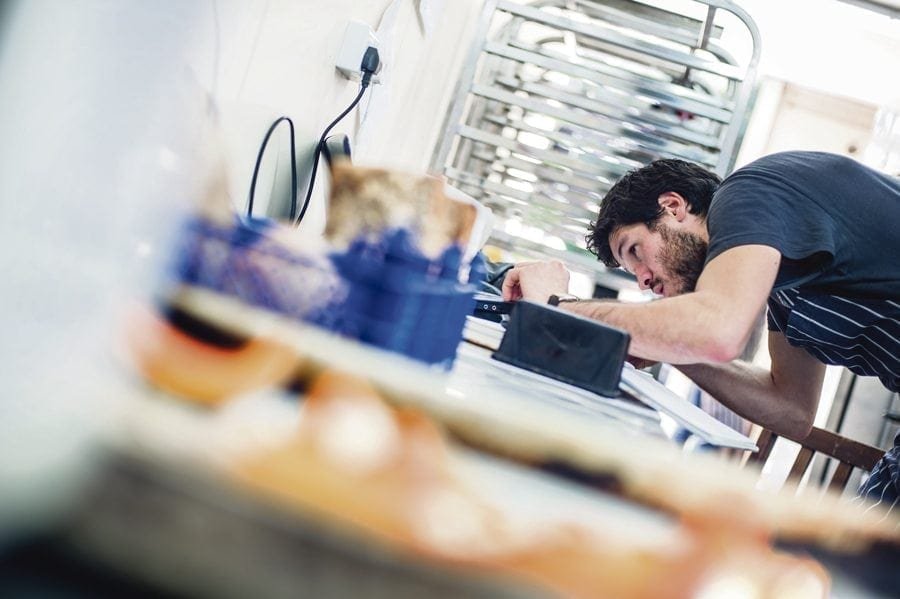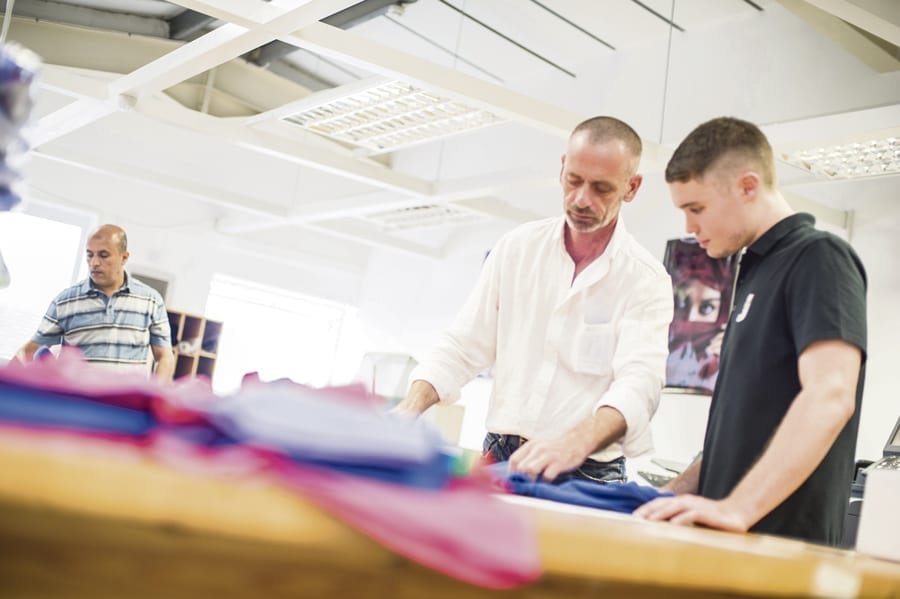The impacts
Through the government’s Regional Growth Fund, Unity receives 50% first loss cover for all loans made to the CDFI sector – last year alone this helped the sector to create 3,176 jobs. In total, Unity lends around £20m to CDFIs and provides banking for 40% of UK credit unions.
With Unity’s help, over the last three years the Aston Reinvestment Trust has been able to provide almost £5m of finance to SMEs in Birmingham that may otherwise not have received funding.
The Bank has invested in over 135 socially focused businesses across four areas: Community Cohesion, Community Finance, Community Living and Community Investment. The social impact of lending during 2014 saw £30m loaned to 57 social economy organisations, and Unity has also supported a range of other housing and social needs – helping to create 176 new bed spaces for people with specialist housing needs.
‘With consumer confidence and trust still rocked by the financial crisis, it is clear that step change is necessary to build a banking industry that operates in partnership with its customers and communities’, Peter told PQ. ‘However, market power is still very much concentrated in a small number of organisations with the same PLC ownership model; while they are starting to evidence change, a rapid turnaround is unlikely in these giant organisations.’
Supporting diversity
For Peter, the government should be encouraging diversity in financial services and promoting civic finance bodies, such as credit unions and community development finance institutions. These bodies already play a part, but their role could be expanded to better meet society’s needs.
‘The recent Banking Reform Act was inwardly focused; it primarily addressed prudential issues and the capabilities of individual financial institutions to withstand shocks’, Peter explains. ‘Whilst we agree these are important issues, we also think that reform should be more outward looking and take into account the wider needs of society.’
This would require a more holistic ‘civic approach’ to financial reform and regulation that looks beyond the prudential issues and also takes into account the overall ability to serve customer needs, help communities and support small businesses.
Transparent banking
‘Our customer research tells us that our customers want a bank that is a partner and enabler – not one that feels like an adversary to be overcome!’, Peter says. ‘Our experience suggests a commitment to transparency in banking practices is good for business, allowing our customers and stakeholders to see how we sit with their own objectives. One of the key reasons to become a pioneer of the Fair Tax Mark accreditation was to overtly demonstrate our willingness to be transparent. In return, customers feel they can be honest and open with us, so we are able to work with them to help them achieve their goals.’
For now, Unity Trust Bank’s services aren’t available to you and me; the consumer bank market is highly competitive and it’d be a very expensive space to move into. ‘We wouldn’t rule it out completely’, Peter says, ‘but we are very clear that our strategy for now is about building on what we already do well, which is providing excellent banking services to organisations that promote community, social and environmental benefit.’
Individuals benefit from the activities and investments of the organisations Unity supports, even if they don’t have a personal account with the Bank. According to the Social Impact report, Unity Trust Bank created and protected 3,423 jobs in 2014. The Bank also redirects enquiries and customers to the CDFI sector, which lends to individuals and organisations who have been turned down by high street banks.
Customer choice
There should always be customer choice, and the financial crisis underlined the importance of diversity in financial services; a variety of banking models would help to create greater stability in the sector. ‘It’s not about all banks being like us’, Peter says, ‘it’s about giving customers distinct options so that they can make a choice based on their own values.’
Honesty and transparency are key to Unity Trust Bank’s history, values, and current mission; these principles are more important than ever, and the well-publicised troubles at other banks have resulted in a significant growth in new Unity Trust Bank account openings. ‘One of our greatest achievements’, Peter told us, ‘has been to show how a bank can – and indeed should – align itself to the social and business objectives of its customers.’
For more information on Unity Trust Bank’s work and impact, visit unity.co.uk.
 Play Video about This Rock Might Just Save The World
Play Video about This Rock Might Just Save The World Play Video about Play 2 hours of rock
Play Video about Play 2 hours of rock Play Video about Play 2 hours of brook
Play Video about Play 2 hours of brook Play Video about Play 2 hours of sheep
Play Video about Play 2 hours of sheep


















 Unity Trust Bank was set up in the 1980s to address the disconnect between the banking system and wider society. The UK was recovering from a banking crisis caused by injudicious lending: the gap between rich and poor was widening, the public sector was under threat from government cut backs and banks weren’t lending to small businesses.
Unity Trust Bank was set up in the 1980s to address the disconnect between the banking system and wider society. The UK was recovering from a banking crisis caused by injudicious lending: the gap between rich and poor was widening, the public sector was under threat from government cut backs and banks weren’t lending to small businesses. All banks need to make a profit, but Unity Trust Bank has a ‘double bottom line strategy’ that places equal emphasis on creating a positive social impact and financial sustainability through banking and lending services that achieve sustainable returns.
All banks need to make a profit, but Unity Trust Bank has a ‘double bottom line strategy’ that places equal emphasis on creating a positive social impact and financial sustainability through banking and lending services that achieve sustainable returns.
























